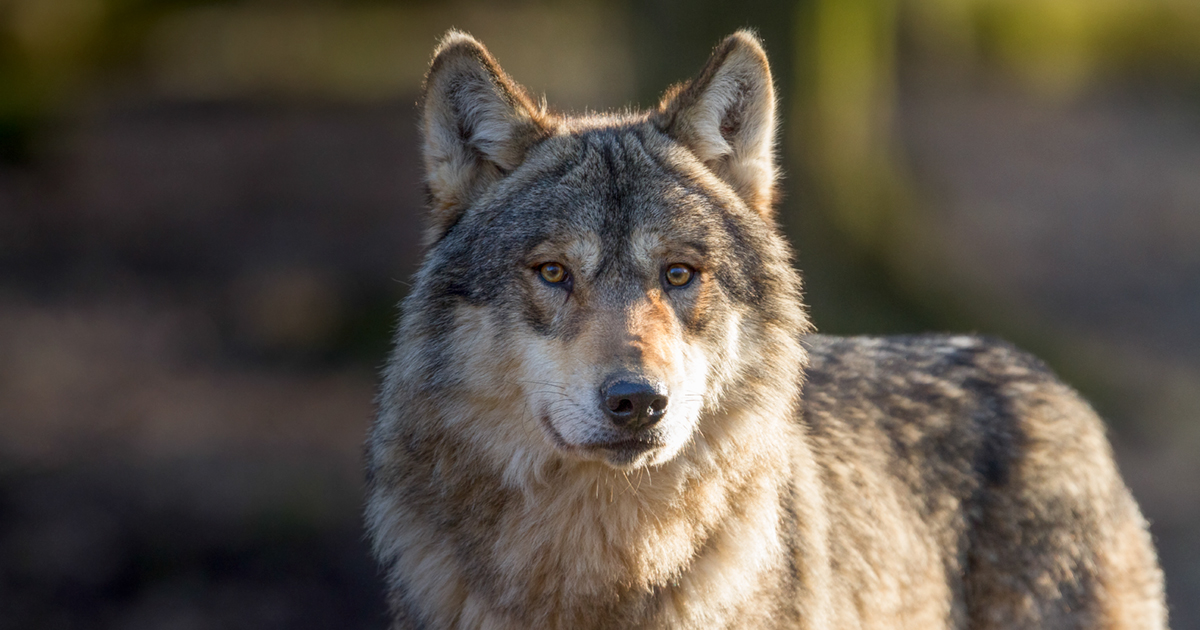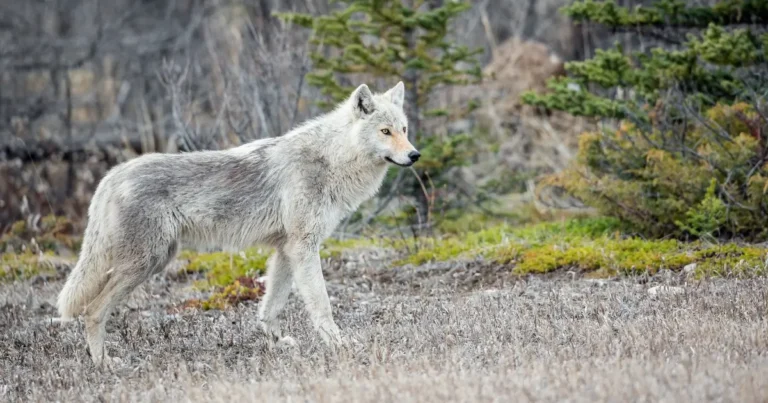
The government paper that claims an aggressive wolf cull should continue to protect endangered caribou herds has significant flaws, according to a new critique.
Special advisor to The Fur-Bearers, Amelia Porter MSc, EP, RPBio prepared a critique of the ‘South Peace Caribou Recovery following Five Years of Experimental Wolf Reduction’ paper.
A short abstract and link to the PDF of the critique are available below.
Abstract
Caribou in British Columbia are facing a conservation crisis due to industrial logging that leads to more wolves in caribou habitat. The BC government is undertaking intensive wolf control by controversial aerial gunning and collaring of ‘judas wolves’. Study findings claim that removing 85% of wolves will allow caribou to reach sustainable numbers in 30 years.
Caribou will continue to decline as long as degraded habitat remains. BC has not protected critical caribou habitat, a legal obligation as caribou are a federal species at risk. There are a number of concerns with the study. Most notably, the study extrapolates three years of data into the next thirty, a simplistic approach that does not capture uncertainties, variability, population demographics, or the complex dynamics of ecological systems. Regardless, British Columbians do not support the wolf cull. The wolves experience conceivable suffering from being chased, shot at, and left to die.
Restoration of caribou habitat is the only answer, but non-lethal interim solutions are urgently needed. Blocking corridors that enable wolf movement is one way that has proven successful. Finding ways to deter wolf-caribou encounters is key.

